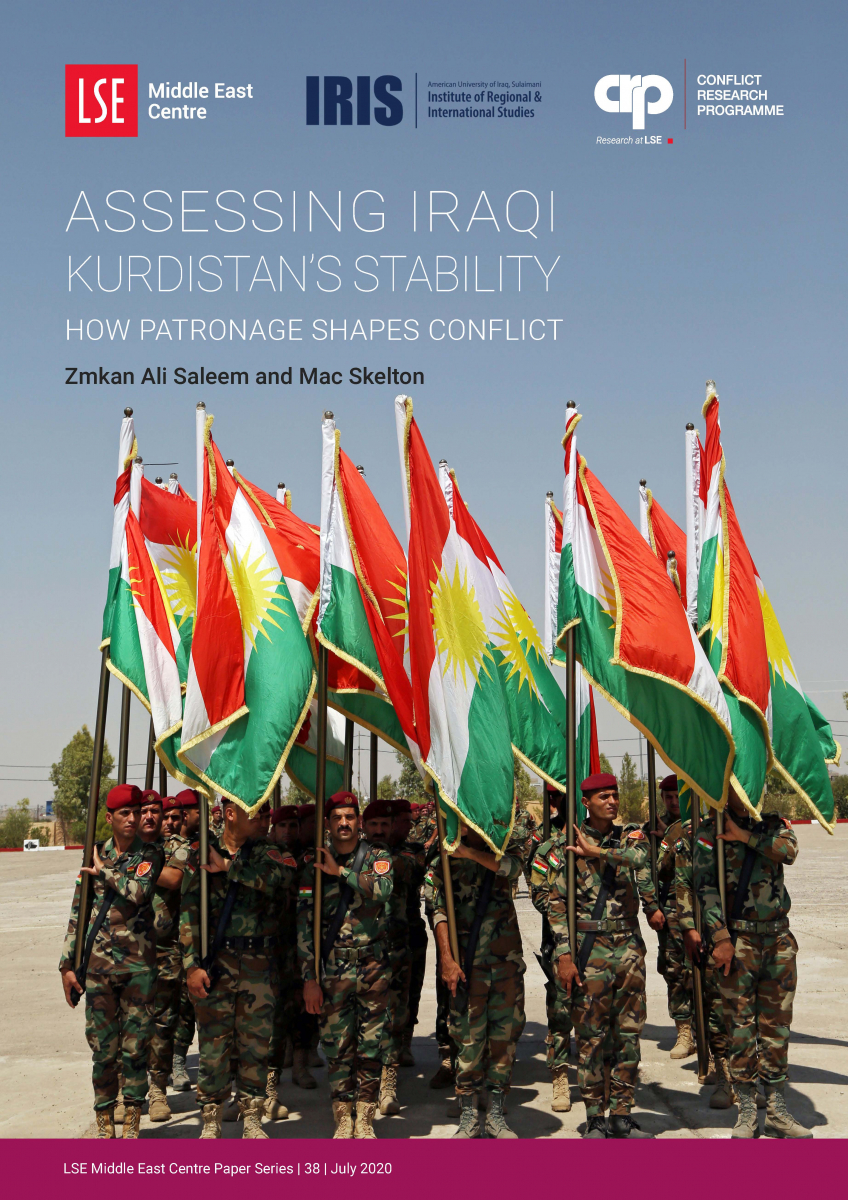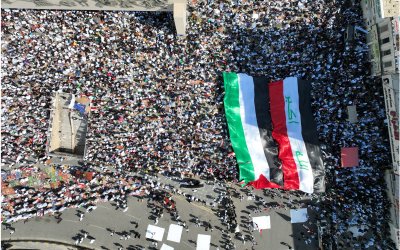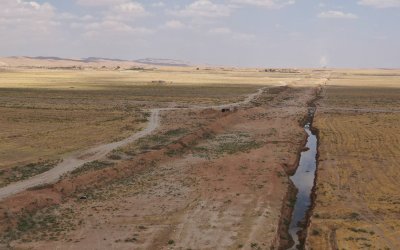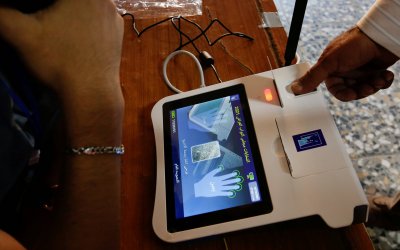The Kurdistan Region of Iraq (KRI) has generally lacked the security incidents common throughout the country since 2003. Yet, tension between the main political parties ruling over the region – the Erbil-based Kurdistan Democratic Party (KDP) and the Sulaimani-based Patriotic Union of Kurdistan (PUK) – has increasingly come to the surface. What explains these increasingly overt signs of volatility? The post-2003 political order in the KRI is built upon a two-party patronage system that undercuts any meaningful institutionalisation of a joint administrative and security system. Public employment, access to government contracts, and positions in security forces are mediated by party-controlled channels. Troublingly, the potential for conflict arises when one party impedes on the capacity of the other to maintain its patronage networks. Expectations that the current dip in oil prices will encourage political reforms are likely misplaced. Analysts have too often understood Iraqi Kurdistan through the lens of oil-based rentierism, despite the fact that previous dips in oil prices have never substantively diminished the capacity of the parties to maintain patronage networks. In the absence of sustained pressure from the public or international community, the political order will continue to rest upon a two-party patronage system, leaving the region vulnerable to instability.
This report was co-published with the Middle East Centre (MEC) at the London School of Economics (LSE) as well as the Conflict Research Programme.
Click here or the photo below for the full report.
#BBD0E0 »





